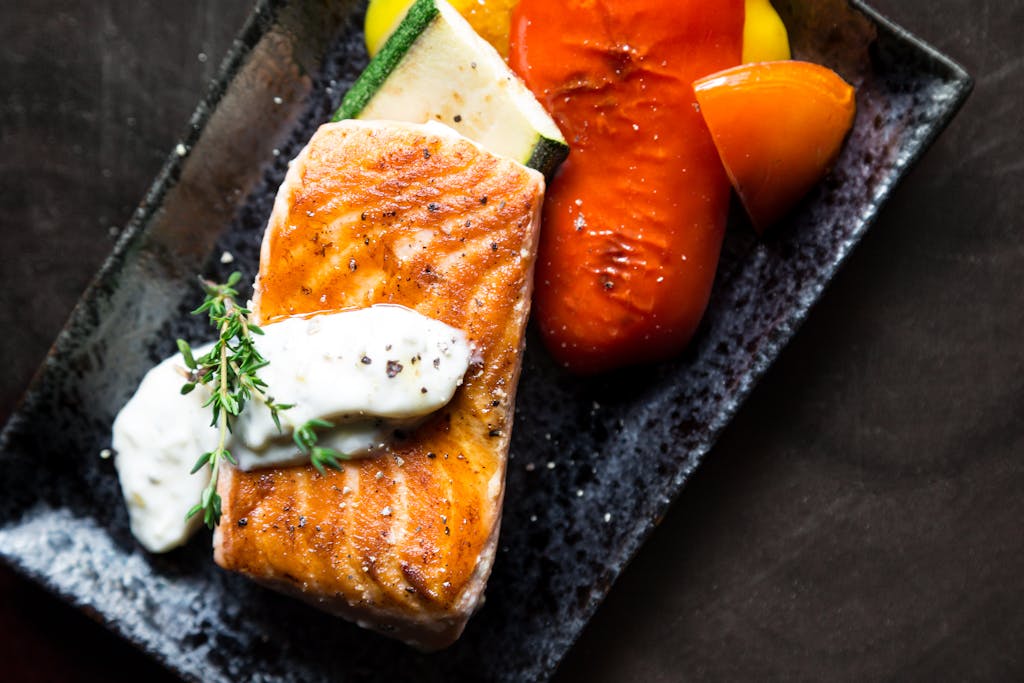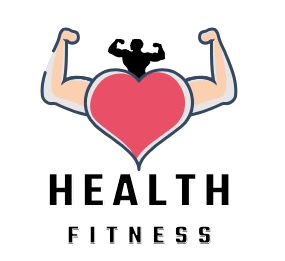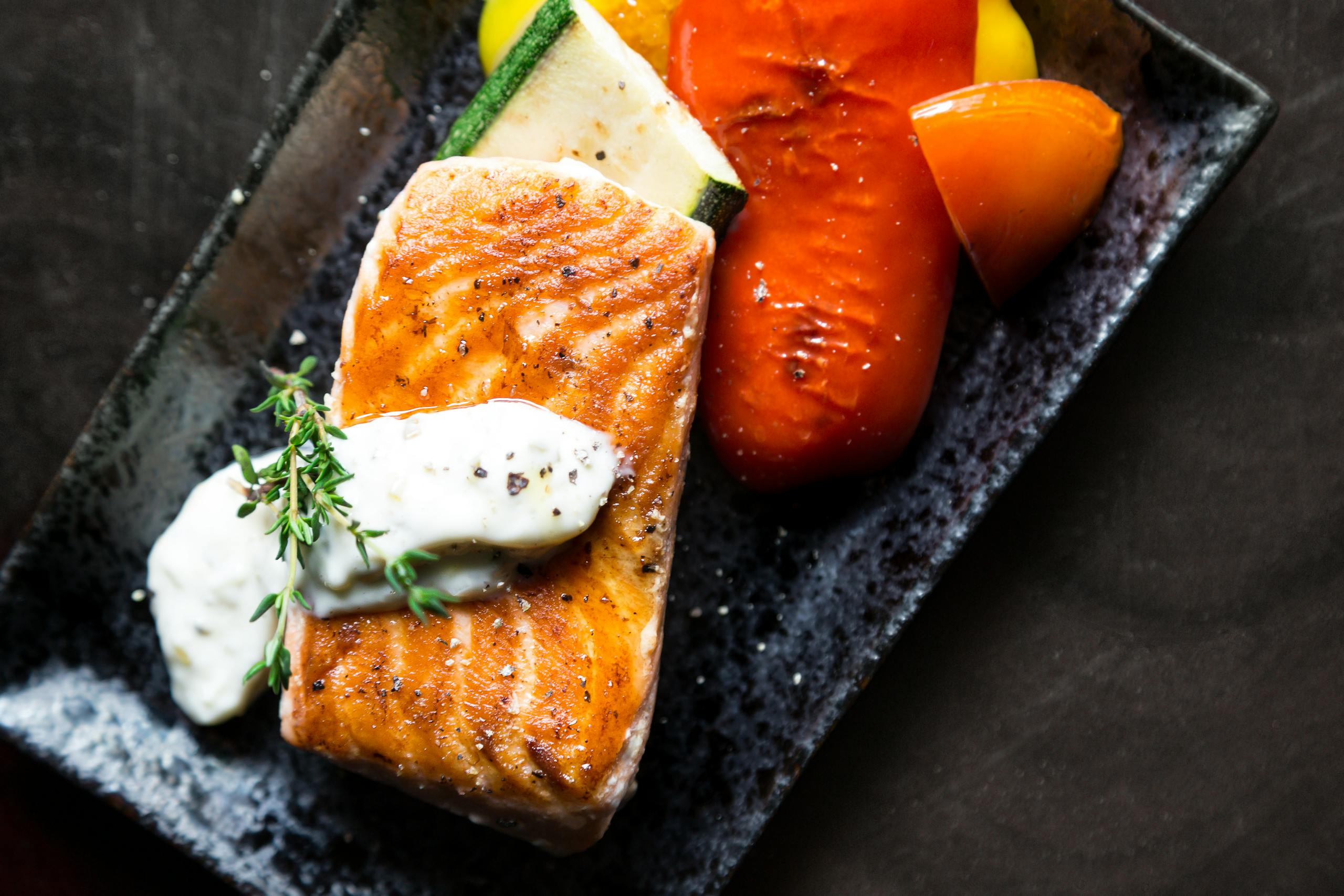The Role of Protein in Weight Loss and Muscle Gain

When it comes to achieving fitness goals, whether that’s shedding excess pounds or building muscle, protein plays a crucial role in your diet. Understanding how protein affects weight loss and muscle gain can help you make informed decisions about your nutrition and fitness strategies.
What is Protein?
Protein is one of the three macronutrients, alongside carbohydrates and fats. It is made up of amino acids, which are the building blocks of the body. These amino acids are vital for repairing tissues, making enzymes and hormones, and supporting overall bodily functions. There are 20 different amino acids, nine of which are essential, meaning your body cannot produce them, and they must be obtained through diet.
The Role of Protein in Weight Loss
1. Satiety and Appetite Control
One of the most significant benefits of protein is its ability to increase feelings of fullness. High-protein foods can help you feel satisfied after meals, reducing the likelihood of overeating. Research shows that diets rich in protein can lead to a decrease in overall calorie intake, making it easier to create a caloric deficit necessary for weight loss.
2. Thermic Effect of Food (TEF)
Protein has a higher thermic effect compared to carbohydrates and fats. This means that your body burns more calories digesting protein than it does with other macronutrients. Approximately 20-30% of the calories from protein are used in the digestion and metabolism process. By incorporating more protein into your meals, you can boost your metabolic rate and enhance calorie burning.
3. Preserving Lean Muscle Mass
When losing weight, it’s common to lose muscle along with fat. Adequate protein intake helps to preserve lean muscle mass during weight loss. This is essential because muscle tissue burns more calories at rest compared to fat tissue. By maintaining muscle mass, you can support a healthier metabolism and improve your body composition.
The Role of Protein in Muscle Gain
1. Muscle Repair and Growth
After intense workouts, your muscles experience micro-tears that need to be repaired for growth. Protein provides the necessary amino acids to facilitate this repair process. Consuming protein after a workout helps stimulate muscle protein synthesis, allowing your muscles to recover and grow stronger.
2. Increased Training Adaptation
Higher protein intake can enhance your body’s ability to adapt to resistance training. Studies have shown that individuals who consume sufficient protein can experience greater increases in muscle size and strength compared to those with inadequate protein intake. This is particularly important for those looking to gain muscle mass through weight training.
3. Optimal Hormonal Balance
Protein consumption influences various hormones involved in muscle growth and fat loss. For example, adequate protein intake can promote the release of hormones like insulin and glucagon, which play a role in muscle growth and fat metabolism. Balancing these hormones is crucial for anyone looking to optimize their body composition.
How Much Protein Do You Need?
The optimal protein intake varies based on individual goals, body weight, and activity levels. As a general guideline, it is recommended that adults consume at least 0.8 grams of protein per kilogram of body weight. For those engaged in regular exercise, especially resistance training, this amount may increase to 1.6 to 2.2 grams per kilogram of body weight to support muscle gain and recovery.
Sources of Protein
Incorporating a variety of protein sources in your diet can help you meet your protein needs effectively. Here are some excellent options:
- Animal Sources: Chicken, turkey, lean beef, fish, eggs, and dairy products.
- Plant Sources: Legumes, lentils, beans, tofu, tempeh, quinoa, and nuts.
Understanding the vital role of protein in weight loss and muscle gain can empower you to make healthier dietary choices. By prioritizing protein in your meals, you can enhance your satiety, support muscle repair and growth, and optimize your overall fitness results. Whether you’re aiming to shed pounds or build muscle, ensuring adequate protein intake is key to achieving your goals.


Recent Comments